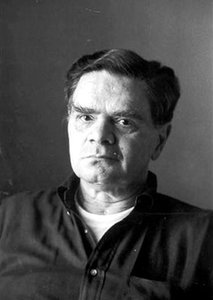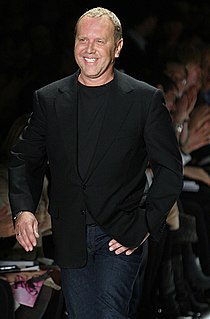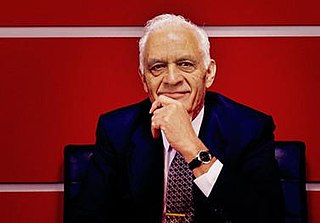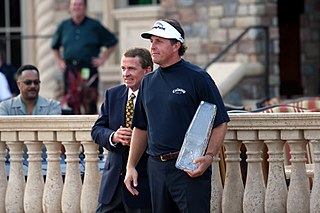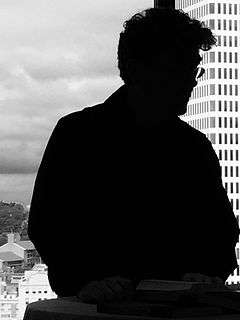A Quote by James Schuyler
The aim of the poet, or other artist, is first to make something; and it's impossible to make something out of words and not communicate
Related Quotes
He misses the feeling of creating something out of something. That’s right — something out of something. Because something out of nothing is when you make something up out of thin air, in which case it has no value. Anybody can do that. But something out of something means it was really there the whole time, inside you, and you discover it as part of something new, that’s never happened before.
Often, some people dress something up to make it sound scientific, use scientific words, call themselves doctor something-or-other, and then you look them up, and they're trying to make it sound like something it's not. There's this entire field that's adding the word 'quantum' to everything. It doesn't even make sense in that context.
The poet is born with the capacity of arranging words in such a way that something of the quality of the graces and inspirations he has received can make itself felt to other human beings in the white spaces, so to speak, between the lines of his verse. This is a great and precious gift; but if the poet remains content with his gift, if he persists in worshipping the beauty in art and nature without going on to make himself capable, through selflessness, of apprehending Beauty as it is in the divine Ground, then he is only an idolater.
If others tell us something we make assumptions, and if they don't tell us something we make assumptions to fulfill our need to know and to replace the need to communicate. Even if we hear something and we don't understand we make assumptions about what it means and then believe the assumptions. We make all sorts of assumptions because we don't have the courage to ask questions.
Every time I'm in the studio, I always think of my professor in undergrad. He was like, "There are so many artists in the world. If you're going to be an artist, make sure you have something to say. Don't just be an artist and put out bullshit. Have something to say." I guess that would be my philosophy and something I think about all the time. Every day when I'm in the studio I hear him and I see him. I remember him saying it in class. So that's something that I always want to make sure I have: I'm saying something with the work.
There is an enormous inertia that prevents people from change. You must always remember that it is impossible to make something better if you don't make it different - the converse is not true, of course. You cannot make something better unless it is different. And different scares the life out of so many people.
As an artist you have to find something that deeply interests you. It's not enough to make art that is about art, to look at Matisse and Picasso and say, how can I paint like them? You have to be obsessed by something that can't come out in any other way, then the other things - the skill and technique - will follow.
One of the surest tests of the superiority or inferiority of a poet is the way in which a poet borrows. Immature poets imitate mature poets steal bad poets deface what they take and good poets make it into something better or at least something different. The good poet welds his theft into a whole of feeling which is unique utterly different than that from which it is torn the bad poet throws it into something which has no cohesion. A good poet will usually borrow from authors remote in time or alien in language or diverse in interest.
If you're not an actor, or if you're any other kind of artist, there's this sense that, "I must express this thing." Why make a painting if you don't feel like you have to for something inside of yourself? Why make a song if you don't feel like you have to because there's something that you need to get out? And when you're an actor and you're not performing text that you've written, I think there's this bizarre disconnect with the must-ness of it.
Ask anyone what that means, what it means to see a miracle, and they will say that it's something impossible, but they mean that a miracle is something formerly believed to be impossible that turns out not to be, not to be impossible, in other words, but possible after all. If this were really true, then miracles would be the most ordinary things in the world, the most uninspiring things in the world, and what can one expect from people who have never been anything but ordinary and uninspired.
